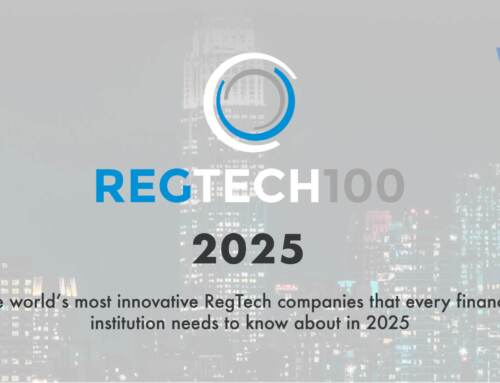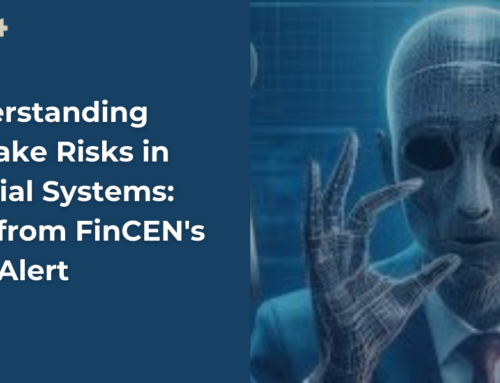In July, Vital4 Co-Founder and President Amy Barbieri hosted a webinar with Banco do Brasil Americas SVP BSA/AML OFAC Officer Martin Jaundoo and Vital4 Director of Business Development Tom Cecola to discuss the importance of going beyond OFAC and best practices to enhance your compliance program.
During the webinar, BSA/AML OFAC officer Martin Jaundoo shared insight from his 18 years of experience working with financial institutions and highlighted his organization’s preemptive steps to ensuring global compliance regulations are met as well as several other risk-averse strategies that can be implemented. Vital4’s Tom Cecola provided insight into why checking the compliance box isn’t enough and the importance of going beyond OFAC, stating, “Monitoring and screening related entities (customers, vendors, and other third parties) is a critical part of an effort to assess any threats or vulnerabilities regularly. Incorporating a policy to leverage structured open source intelligence is a good means to be “preemptive” in assessing risk.”
There was discussion on FinCEN’s priorities and future regulations, recent regulatory actions, and most importantly, the reasons for the regulatory actions which tie back the banks not using a robust sanctions screening tool. The panelists also discussed the challenges associated with the latest watchlist and OFAC news and updates. This has been a pain point for many industries as these sources are updated frequently, and one misstep can cost a business hundreds of thousands to millions in fines. All panelists agreed that having people evaluate relevant tools continually to ensure they’re using the most up-to-date information can help to mitigate the risk of inaccurate or irrelevant information. This highlighted the importance of ongoing monitoring and why that is a vital component of the compliance programs.
Another consideration is the additional risk associated with doing business overseas. Updating your organization’s screening process to include watchlists, sanction screening, and adverse media sources combined with other data will help provide a more holistic view of a customer or vendor.
Overall the biggest takeaways from the webinar were the need for organizations to:
- Develop internal policies, procedures, and controls.
- Conduct an independent audit function to test programs
- Designate a compliance officer
- Make ongoing training programs and resources mandatory for all employees
- Implement appropriate risk-based procedures for conducting ongoing customer due diligence.
All these tips are critical to going beyond OFAC and building accurate risk profiles of customers and vendors. Executives at organizations also need to consider the geographic locations of the organization, as well as its customers, supply chain, intermediaries, and counter-parties, as these will all affect their screening and compliance programs!
Click here to watch the webinar!





